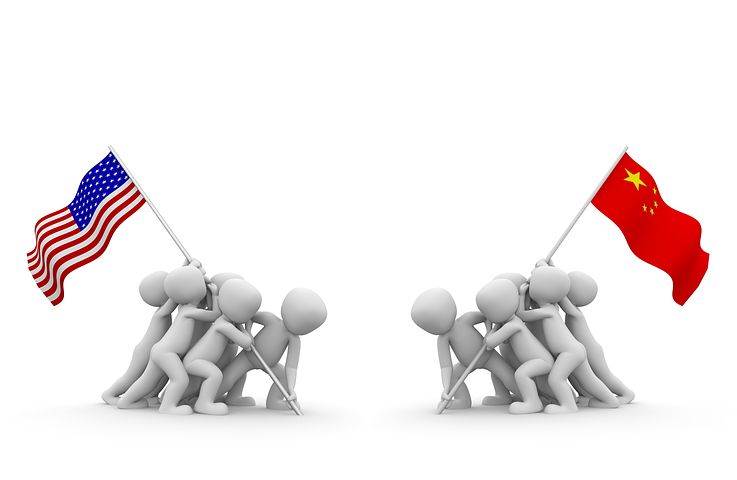 The United States President Donald Trump helped to boost optimism on the markets saying that the deal with China is on its "final throes."
The United States President Donald Trump helped to boost optimism on the markets saying that the deal with China is on its "final throes."
"We're in the final throes of a very important deal, I guess you could say one of the most important deals in trade ever. It's going very well but at the same time we want to see it go well in Hong Kong," told Trump to reporters.
If true, a 16-month trade feud that is driving the world economy down would be about to end, a change that would help the already slowing Chinese economic growth as well as the current state of the US economy (US consumer confidence just fell for the fourth consecutive month!)
"I think that President Xi can make that happen. I know him and I know he'd like to make it happen," said Trump referring to the alleged trade deal.
Trump's current purpose is securing better terms for the United States, or at least, this is what he implied in his last interview for Bill O'Reilly's website.
"I'm holding it up because it's got to be a good deal," he told to the interviewer.
Top American and Chinese trade negotiators are expected to meet in Beijing soon in order to continue with the trade talks. Phase 1 of the talk was expected to be over this month but since China may be pushing for more tariff cuts we might have to wait till next year to see a resolution. This raises a question about whether President Trump will comply with his threat to impose 15 percent tariffs on about $160 billion in Chinese imports by mid-December.
Japan may have reconsider easing if economic slowdown is moderate
Meanwhile, Bank of Japan's board member Makoto Sakurai said that the Bank of Japan may have room to scrutinize economic data in terms of deciding to further monetary easy.
"If there's a crisis that could disrupt Japan's financial system...a bold policy response is necessary," said Sakurai during a speech.
He was referring to the possibility of the overseas economy slowdown being moderate, as well as its effects on the Japanese economy.
"But if the overseas slowdown driven by trade woes is moderate, and the speed at which it affects Japan's economy is slow, we have room to scrutinize economic indicators in deciding on a policy," he added.
By 9:56 GMT the US dollar went down against the Chinese Yuan by 0.11 percent, hitting the 7.0238 level. The Japanese yen fell against the dollar by 0.10 percent, at 0.0092.
